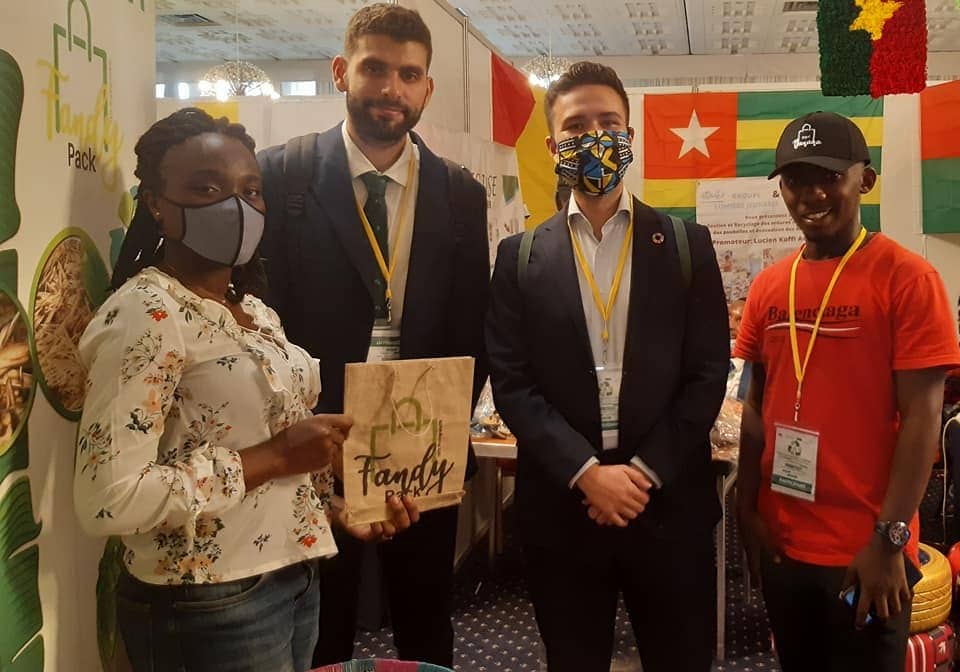In order to mitigate the proliferation of plastic bags and deforestation in Ivory Coast, the start-up Agri Banana relies on its ecological bags called “Fandy Pack”. These are biodegradable and recyclable vegetable paper packaging, resulting from the transformation of the banana tree trunk.
This innovation in the world of waste management has allowed the start-up launched in 2019 to get the patent of invention from the African Intellectual Property Organization (OAPI). “This patent will allow me to protect this manufacturing process, but also to carry out my mission as an activist for the Sustainable Development Goals (SDGs),” explains Salimata Toh N’Guessan, the founder of the Ivory Coast-based start-up.
The approval obtained by Agri Banana extends to the 17 member countries of the OAPI, where the start-up will be able to deploy and legally protect its invention. These include Benin, Burkina Faso, Cameroon, Central African Republic (CAR), Comoros, Congo, Ivory Coast, Gabon, Guinea, Guinea-Bissau, Equatorial Guinea, Mali, Mauritania, Niger, Senegal, Chad and Togo. Most of these countries have decided to ban the use of plastic.
An alternative to plastic
Since 2013, the authorities of Ivory Coast have banned the use of plastic bags, even though these bags are still part of the daily life of many households. In this context, Agri Banana, which is in the process of acquiring an arsenal of equipment, aims to move from traditional production to semi-industrial production of its “Fandy Pack” to replace plastic.
Read also-IVORY COAST: an operation to eliminate nearly 40 illegal dumps in Bondoukou
Unlike polluting plastic packaging, the banana trunks and stems used by the young company are seen as a sustainable option for environmental preservation. At the Sprint award for the best green start-up in Ivory Coast in 2021, Agri Banana’s “Fandy Pack” bags were awarded for their contribution to the fight against global warming. The phenomenon is affecting this West African country, which wants to replant its forests after losing 90% of its forest cover, according to the French-based association Climate Chance.
Benoit-Ivan Wansi
